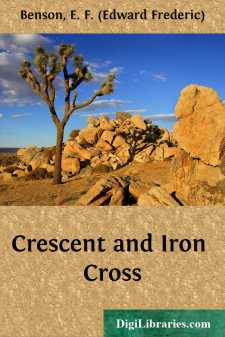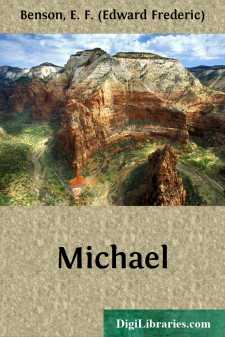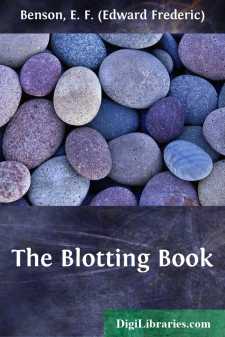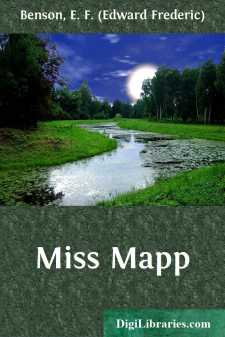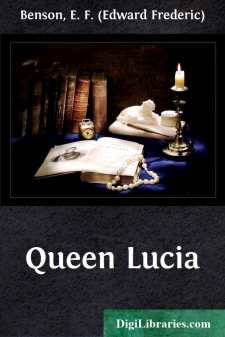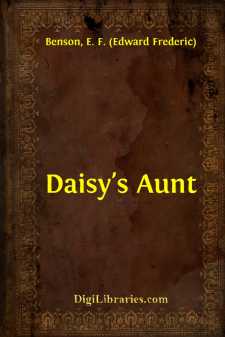Categories
- Antiques & Collectibles 13
- Architecture 36
- Art 48
- Bibles 22
- Biography & Autobiography 813
- Body, Mind & Spirit 142
- Business & Economics 28
- Children's Books 17
- Children's Fiction 14
- Computers 4
- Cooking 94
- Crafts & Hobbies 4
- Drama 346
- Education 46
- Family & Relationships 57
- Fiction 11829
- Games 19
- Gardening 17
- Health & Fitness 34
- History 1377
- House & Home 1
- Humor 147
- Juvenile Fiction 1873
- Juvenile Nonfiction 202
- Language Arts & Disciplines 88
- Law 16
- Literary Collections 686
- Literary Criticism 179
- Mathematics 13
- Medical 41
- Music 40
- Nature 179
- Non-Classifiable 1768
- Performing Arts 7
- Periodicals 1453
- Philosophy 64
- Photography 2
- Poetry 896
- Political Science 203
- Psychology 42
- Reference 154
- Religion 513
- Science 126
- Self-Help 84
- Social Science 81
- Sports & Recreation 34
- Study Aids 3
- Technology & Engineering 59
- Transportation 23
- Travel 463
- True Crime 29
Crescent and Iron Cross
Description:
Excerpt
Crescent and Iron Cross, Chapter I
THE THEORY OF THE OLD TURKSThe maker of phrases plies a dangerous trade. Very often his phrase is applicable for the moment and for the situation in view of which he coined it, but his coin has only a temporary validity: it is good for a month or for a year, or for whatever period during which the crisis lasts, and after that it lapses again into a mere token, a thing without value and without meaning. But the phrase cannot, as in the case of a monetary coinage, at once be recalled, for it has gone broadcast over the land, or, at any rate, it is not recalled, and it goes on being passed from hand to hand, its image and superscription defaced by wear, long after it has ceased to represent anything. In itself it is obsolete, but people still trade with it, and think it represents what it represented when it came hot from the Mint. And, unfortunately, it sometimes happens that it is worse than valueless; it becomes a forgery (which it may not have been when it came into circulation), and deceives those who traffic with it, flattering them with an unfounded possession.
Such a phrase, which still holds currency, was once coined by Lord Aberdeen in the period of the Crimean War. 'Turkey is a sick man,' he said, and added something which gave great offence then about the advisability of putting Turkey out of his misery. I do not pretend to quote correctly, but that was the gist of it. Nor do I challenge the truth of Lord Aberdeen's phrase at the period when he made it. It possibly contained a temporary truth, a valid point of view, which, if it had been acted on, might have saved a great deal of trouble afterwards, but it missed then, and more than misses now, the essential and salient truth about Turkey. The phrase, unfortunately, still continued to obtain credit, and nowadays it is a forgery; it rings false.
For at whatever period we regard Turkey, and try to define that monstrous phenomenon, we can make a far truer phrase than Lord Aberdeen's. For Turkey is not a sick man: Turkey is a sickness. He is not sick, nor ever has been, for he is the cancer itself, the devouring tumour that for centuries has fed on living tissue, absorbing it and killing it. It has never had life in itself, except in so far that the power of preying on and destroying life constitutes life, and such a power, after all, we are accustomed to call not life, but death. Turkey, like death, continues to exist and to dominate, through its function of killing. Life cannot kill, it is disease and death that kill, and from the moment that Turkey passed from being a nomadic tribe moving westwards from the confines of Persia, it has existed only and thrived on a process of absorption and of murder. When first the Turks came out of their Eastern fastnesses they absorbed; when they grew more or less settled, and by degrees the power of mere absorption, as by some failure of digestion, left them, they killed. They became a huge tumour, that nourished itself by killing the living tissues that came in contact with it....


